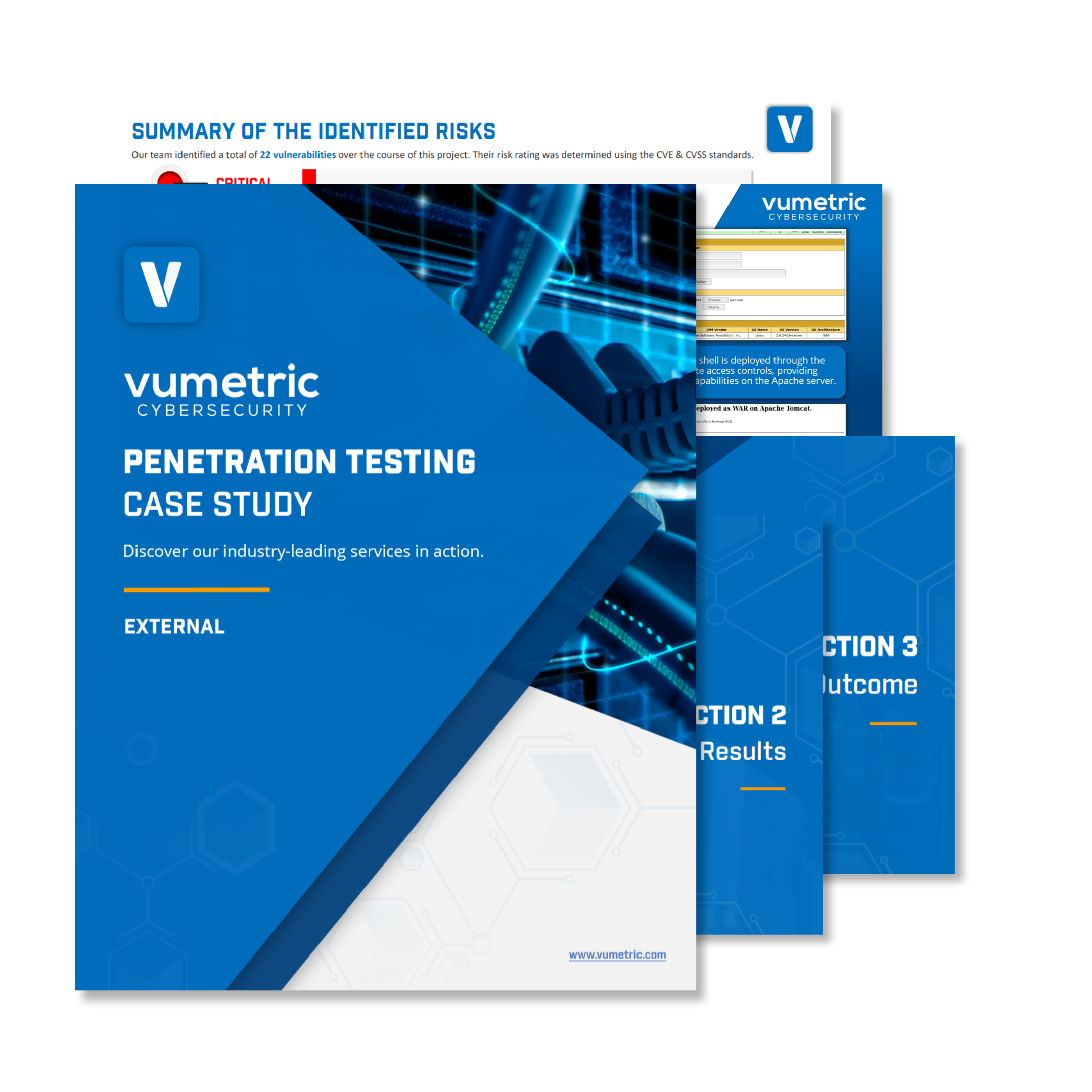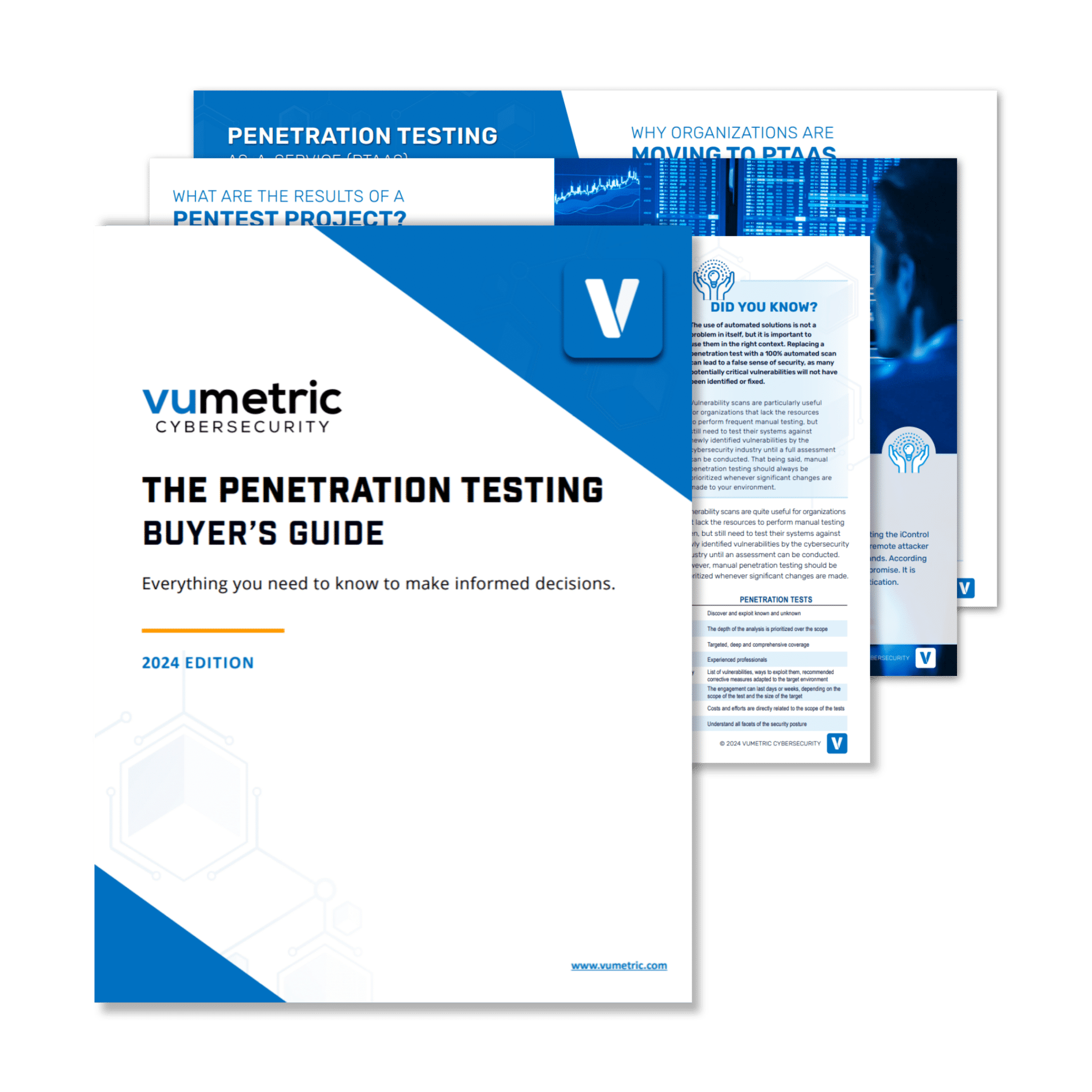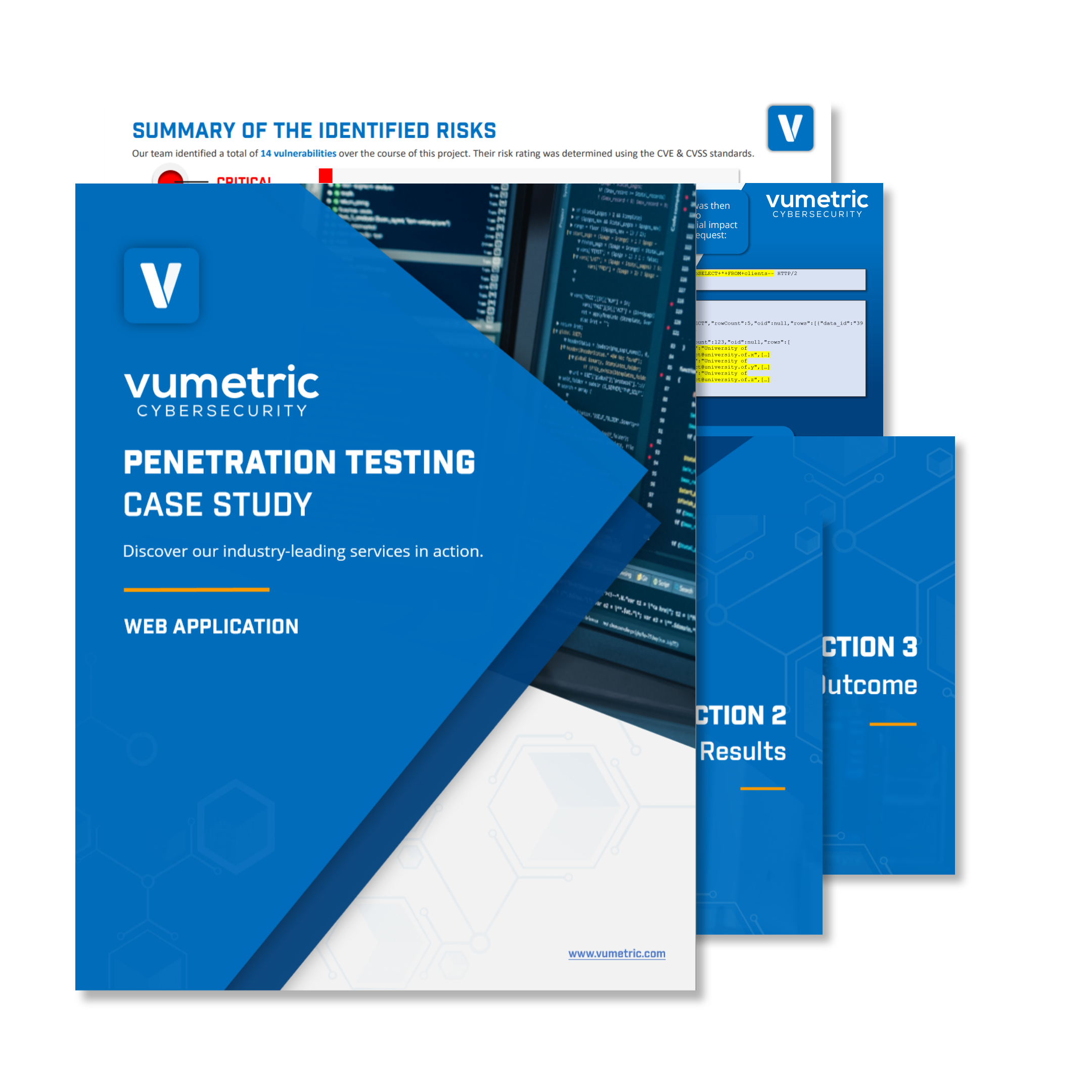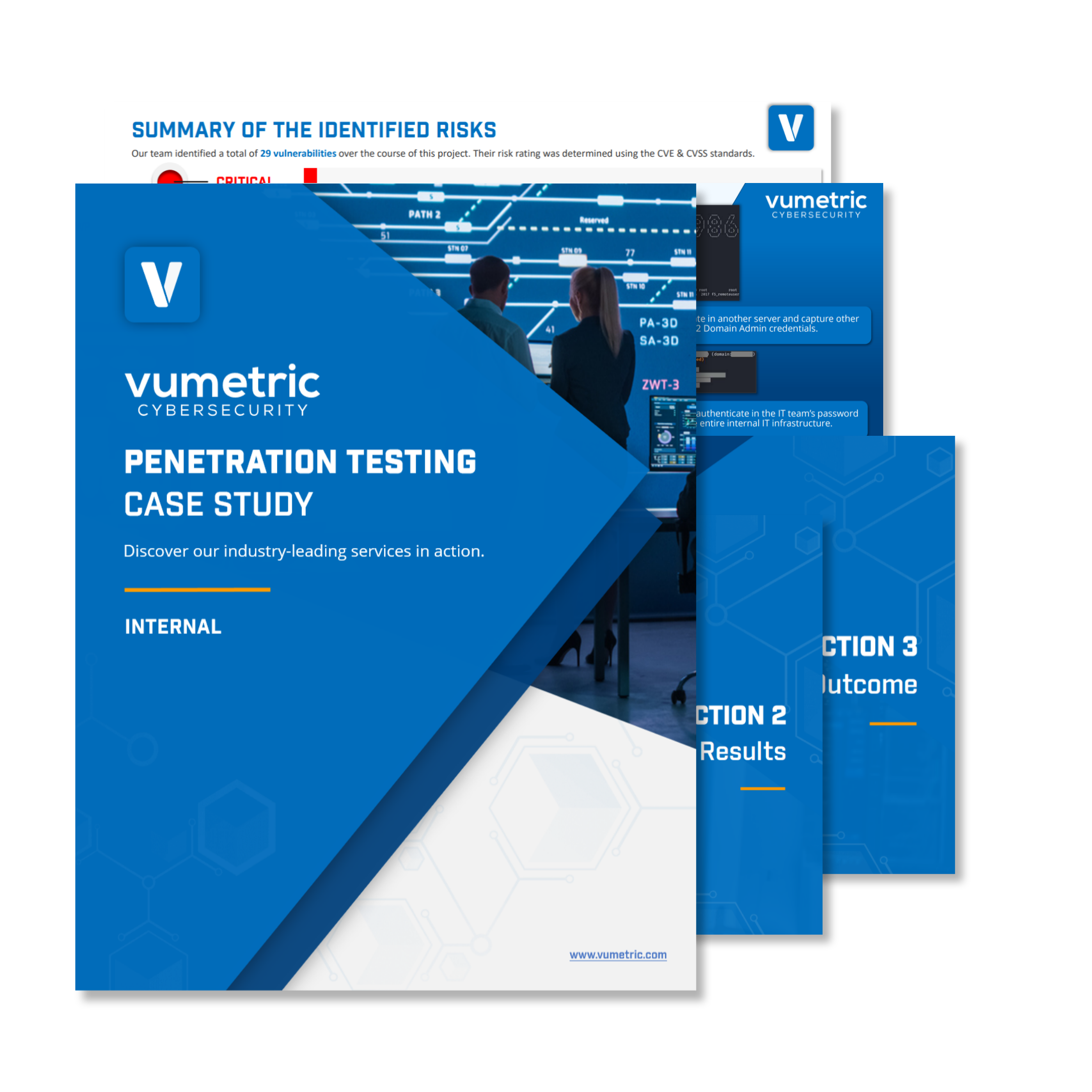Companies looking to employ specialists to assess their cybersecurity often measure commitment to quality and excellence using penetration testing certifications. Along with the top penetration testing methodologies, certifications can be used to benchmark the expertise of a provider with a decent degree of accuracy. Each certification allows a specialist to train in real-life scenarios and to learn a structured approach to systematically identify vulnerabilities in a system or application. Working with a provider that holds one of these certifications will guarantee a sound return on your investment on your pentest.
Here are 8 top penetration testing certifications:
1. GXPN Certification
The GIAC Exploit Researcher and Advanced Penetration Tester (GXPN) certification best suit security professionals who have adequate hands-on skills on various security tasks. This certification goes beyond the simple understanding of concepts and terminology.
Individuals with the GXPN certification can use the Sulley framework to create custom fuzzing test sequences. They also need to bypass network access control systems and exploit restricted Linux or Windows client environments.
The GXPN exam tests an individual’s ability to carry out advance stack smashing on canary-protected systems. These skills, along with the capacity to gain escalated privileges on network systems, place a holder in an excellent position to meet the specific needs of your business. Candidates undergo a rigorous training before the exam, but once they complete the training, they can handle security threats like pros.
2. CEH Certification
Savvy businesses often solicit the services of cybersecurity professionals who can give hackers a run for their money. Such professionals identify system vulnerabilities to proactively protect the client information and deny hackers access to information systems.
IT professionals looking for successful results in ethical hacking must have the Certified Ethical Hacker certification (CEH). The EC-Council offers the intermediate-level credential, which provides skills on different hacking practices. Holders of the CEH credential are well versed with Trojans, cryptography, scanning networks, penetration testing, as well as hacking web servers.
CEH certification holders need to get 120 continuing education credits every three years. The continuous training ensures that they remain abreast with the constant changes in hacking practices. They are also encouraged to go for the CEH (Practical) credential that prepares professionals for real-world security audit challenges.
The rigorous six-hour practical examination validates the holder’s ability to handle over 20 case scenarios. Specialists with this certification will aptly identify threat vectors, analyze vulnerability, scan networks, and detect viruses. All these skills are essential for any tech-savvy business out there.
External Penetration Testing
Case Study
See our industry-leading services in action and discover how they can help secure your external network perimeter from modern cyber threats and exploits.
Penetration Testing Guide
(2024 Edition)
Everything you need to know to scope, plan and execute successful pentest projects aligned with your risk management strategies and business objectives.
Web Application Penetration Testing
Case Study
See our industry-leading services in action and discover how they can help secure your mission-critical Web Apps / APIs from modern cyber threats and exploits.
Internal Penetration Testing
Case Study
See our industry-leading services in action and discover how they can help secure your internal network infrastructure from modern cyber threats and unauthorized access.
3. GWAPT Certification
Many organizations struggle to properly fix vulnerabilities in web applications, that have become increasingly necessary in this day and age. Hackers exploit web app holes to steal thousands of credit cards. These loopholes damage the reputation of most enterprises.
The best way to combat such vulnerabilities is to bring onboard an IT professional with the GIAC Web Application Penetration Tester certification (GWAPT). Professionals with this certification comprehensively understand web application vulnerabilities. They are also well versed with penetration testing methodology, which they can perform without a hassle.
Organizations who are looking to hire a company specialized in cybersecurity can count on such individuals to find and take care of holes on web applications before hackers exploit them.
4. GPEN Certification
Organizations often task security personnel with the responsibility of finding security loopholes on target networks and systems. Professionals with the GIAC Penetration Tester certification (GPEN) are the best bet for this role in any organization. Before earning this certification, IT specialists need to demonstrate their prowess in penetration-testing methodologies.
GPEN certification holders also have the necessary expertise to handle any legal issues tied to penetration testing. Your organization will be in safe hands once they become part of your IT team. Their technical and non-technical techniques wrap up a great skill set that goes a long way in guaranteeing the security setup of networks and different systems.
Penetration Testing Buyer's Guide
Everything You Need to Know
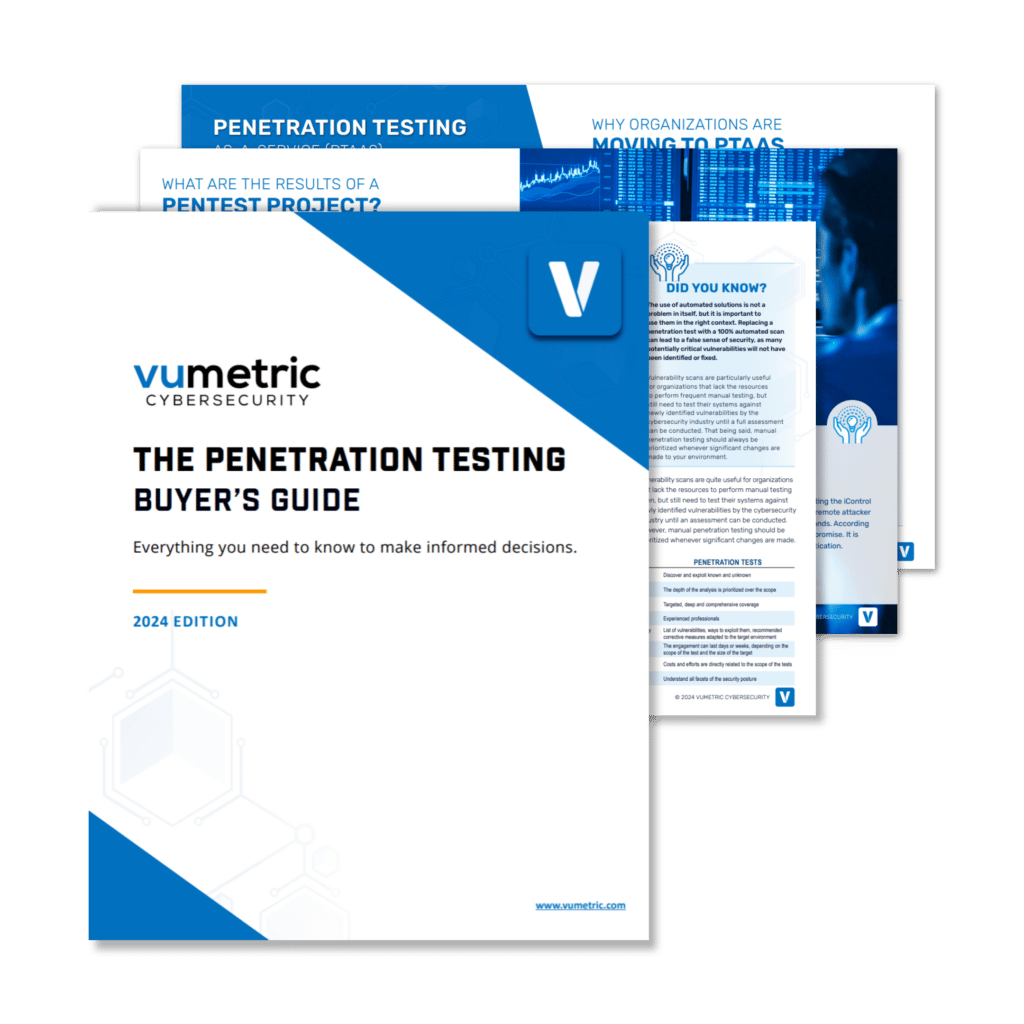
5. OSCP Certification
The Offensive Security Certified Professional certification (OSCP) teaches IT professionals all they need to know about the life cycle of penetration testing. It is not one of the most straightforward certifications to bag home, and any holder will step up the security of your company. The Offensive Security Organization offers it as an ethical hacking credential. The organization trains holders on Penetration Testing before they can sit for the test.
A 24-hour exam emphasizing on real-world scenarios is a prerequisite for this certification. OSCP certification holders are well equipped to perform controlled attacks and compromise vulnerable PHP scripts. They are also the best candidates for figuring out high-risk portions of security systems. An added advantage is the ability to write Bash/Python scripts.
6. CISA Certification
For an auditing certification that focuses significantly on security, the Certified Information Systems Auditor certification (CISA) is the best option. Candidates with this certification are especially invaluable for organizations who want an all-round individual – preferably one with skills in auditing, security, and control.
Holders of this certification come with a minimum of five years’ work experience in information systems security or auditing. They also regularly update their skills and knowledge in their area of expertise to remain relevant to their market.
7. LPT Penetration Testing Certification
The Licensed Penetration Tester certification exam has the specific goal of separating experts from novices as far as penetration testing is concerned. The IT industry classifies experts with this certification as great penetration testers.
Holders of the LPT certification have to go through an 18-hour-long master exam before the award of the certification. The idea is to test their ability at the brink of exhaustion while an online EC-Council tests their mental strength. Only the very best penetration testers sail through.
The master exam requires candidates to make informed choices under immense pressure. Examiners use multilayered network architecture to test three levels of an individual’s penetration testing skills. These levels call for the use of penetration testing tools and techniques on networks and applications.
8. Pentest+ Certification
Cybersecurity professionals with the PenTest+ certification can perform vulnerability management and penetration testing on systems. The certification exam is a blend of multiple-choice and performance-based questions. Candidates also have to demonstrate their hands-on abilities before receiving their certifications.
Besides the necessary penetration testing skills, PenTest+ certification holders also have management skills to help them plan and keep system weaknesses in check. They exploit these hands-on skills in new environments like the cloud. Holders have what it takes to test devices regardless of their setting.
Top Penetration Testing Certifications
A certification is an excellent way to measure the level of expertise of cybersecurity professionals. Organizations looking to assess their security need to count on the knowledge of specialists who can evaluate their security in detail. Professionals with any of these certifications are an excellent resource for any organization looking to better understand and mitigate their cybersecurity risks.
